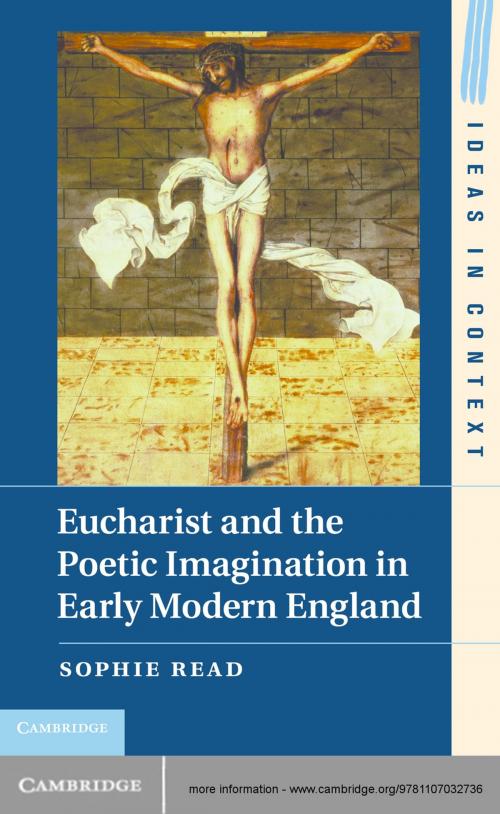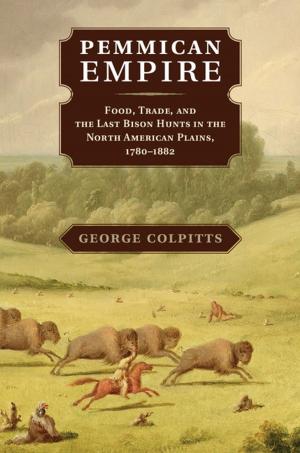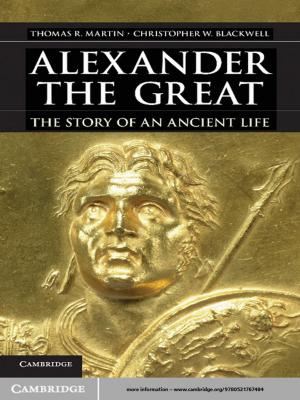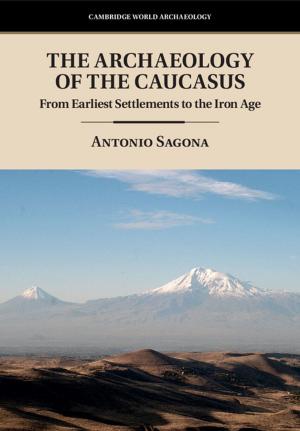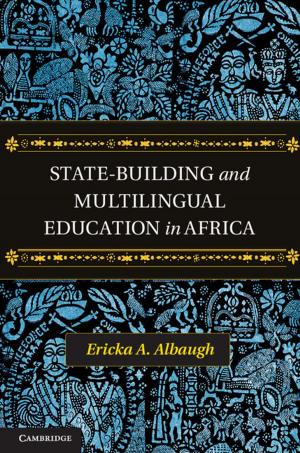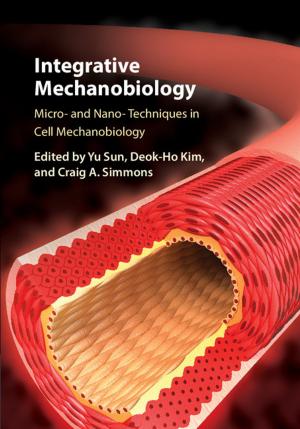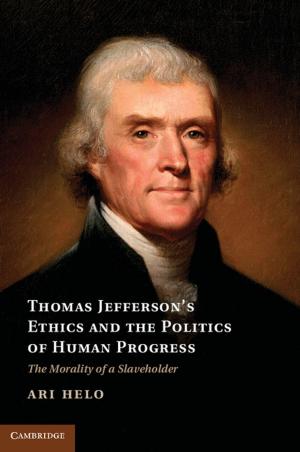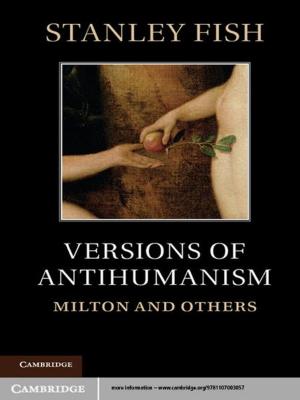Eucharist and the Poetic Imagination in Early Modern England
Nonfiction, Social & Cultural Studies, Political Science, Politics, History & Theory, Social Science, History| Author: | Sophie Read | ISBN: | 9781139611244 |
| Publisher: | Cambridge University Press | Publication: | January 31, 2013 |
| Imprint: | Cambridge University Press | Language: | English |
| Author: | Sophie Read |
| ISBN: | 9781139611244 |
| Publisher: | Cambridge University Press |
| Publication: | January 31, 2013 |
| Imprint: | Cambridge University Press |
| Language: | English |
The Reformation changed forever how the sacrament of the Eucharist was understood. This study of six canonical early modern lyric poets traces the literary afterlife of what was one of the greatest doctrinal shifts in English history. Sophie Read argues that the move from a literal to a figurative understanding of the phrase 'this is my body' exerted a powerful imaginative pull on successive generations. To illustrate this, she examines in detail the work of Southwell, Donne, Herbert, Crashaw, Vaughan and Milton, who between them represent a broad range of doctrinal and confessional positions, from the Jesuit Southwell to Milton's heterodox Puritanism. Individually, each chapter examines how Eucharistic ideas are expressed through a particular rhetorical trope; together, they illuminate the continued importance of the Eucharist's transformation well into the seventeenth century - not simply as a matter of doctrine, but as a rhetorical and poetic mode.
The Reformation changed forever how the sacrament of the Eucharist was understood. This study of six canonical early modern lyric poets traces the literary afterlife of what was one of the greatest doctrinal shifts in English history. Sophie Read argues that the move from a literal to a figurative understanding of the phrase 'this is my body' exerted a powerful imaginative pull on successive generations. To illustrate this, she examines in detail the work of Southwell, Donne, Herbert, Crashaw, Vaughan and Milton, who between them represent a broad range of doctrinal and confessional positions, from the Jesuit Southwell to Milton's heterodox Puritanism. Individually, each chapter examines how Eucharistic ideas are expressed through a particular rhetorical trope; together, they illuminate the continued importance of the Eucharist's transformation well into the seventeenth century - not simply as a matter of doctrine, but as a rhetorical and poetic mode.
